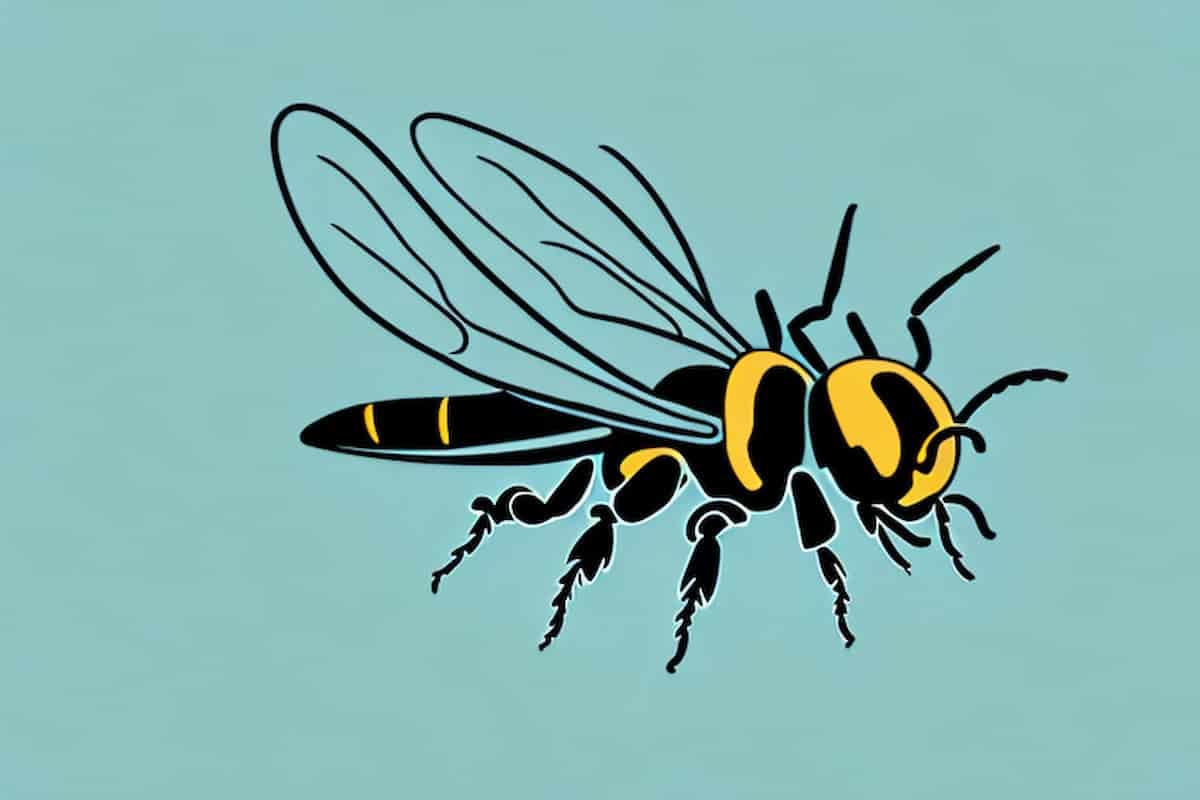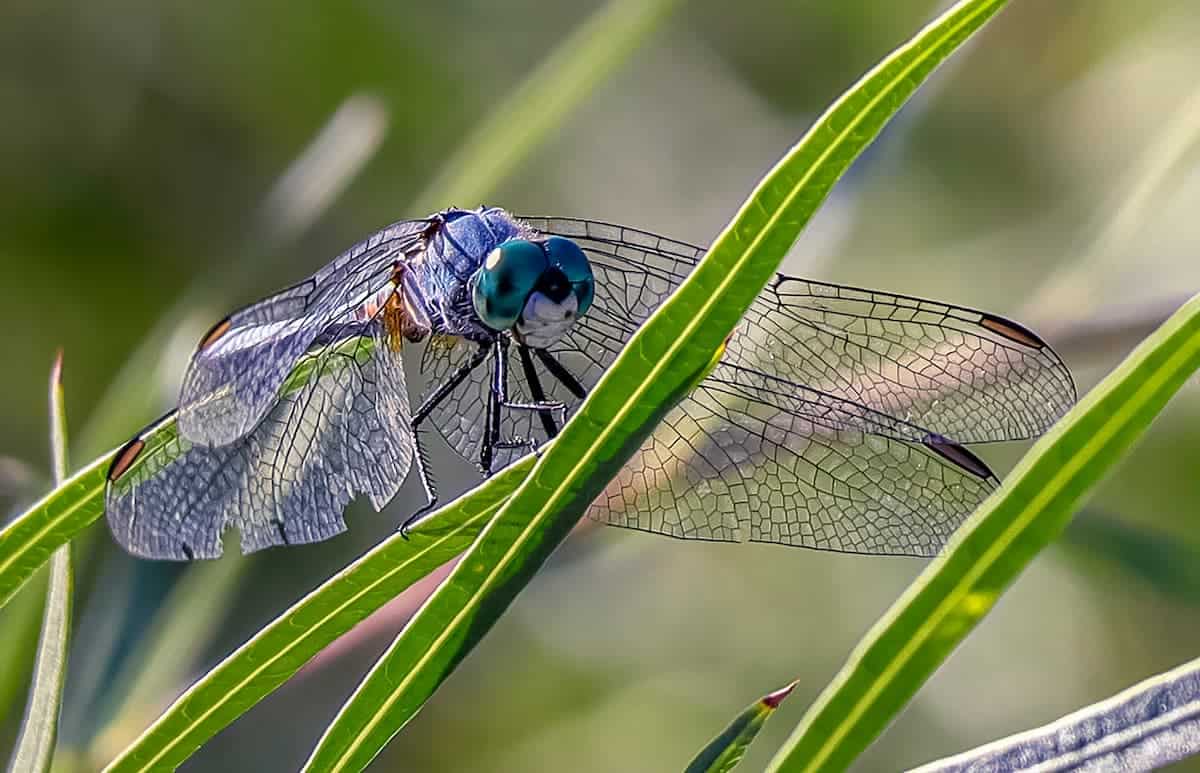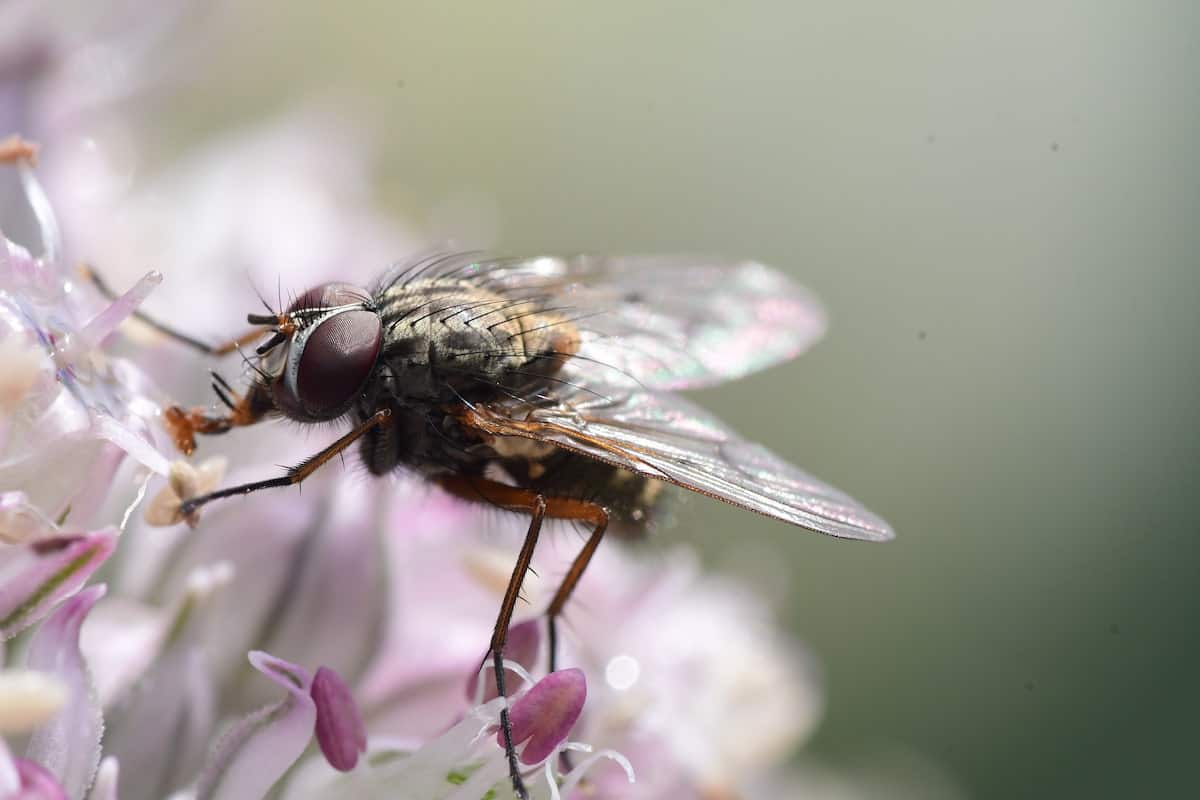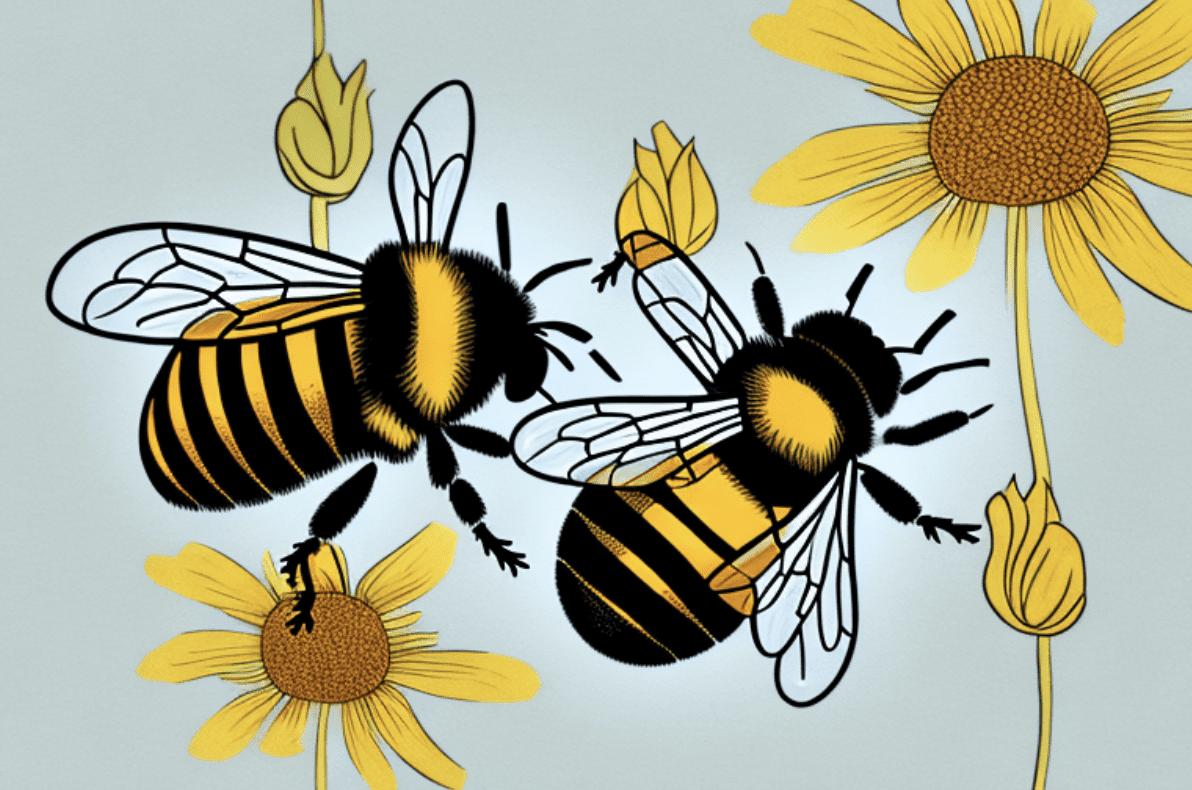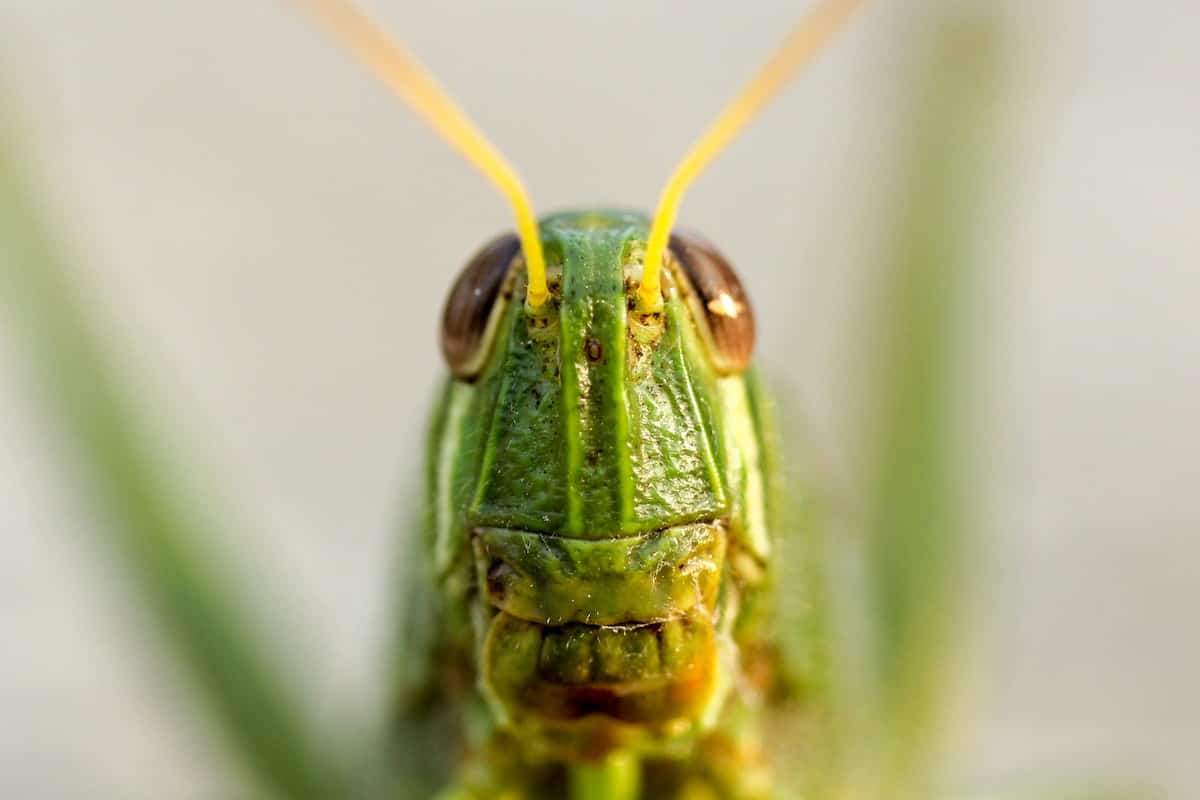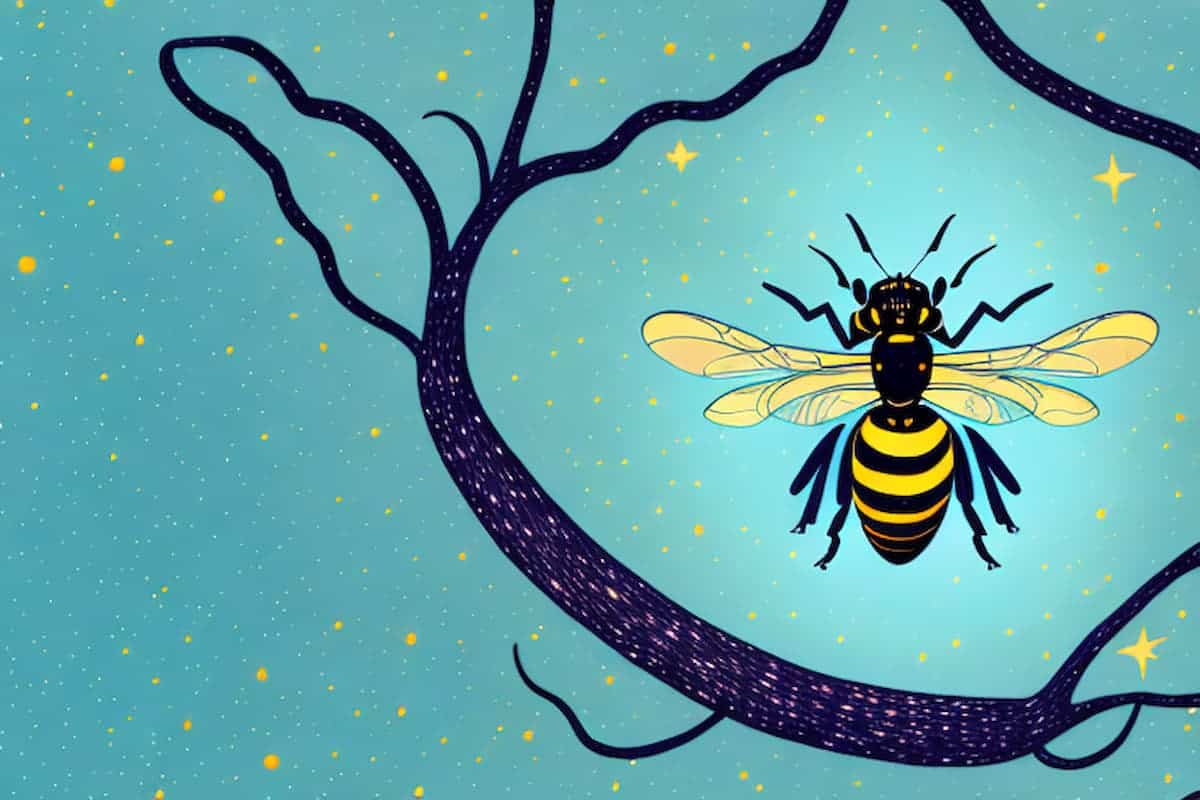Do wasps sleep? This question is important for understanding the overall behavior and biology of these stinging insects, and has been the subject of much scientific inquiry. In this article, we examine the current research on the sleep habits of wasps in order to find out the answer to this question.
How Do Wasps Sleep?
The precise mechanisms by which wasps sleep are currently unknown, as research in this area is still in its infancy. However, there have been several studies that suggest wasps reduce their activities drastically during the night, very similar to the sleep that humans and other animals experience.
It is believed that wasps enter a state of torpor, which is a type of hibernation-like state. During this state, wasps reduce their metabolic rate and body temperature, allowing them to conserve energy. This state is not the same as true sleep, but it does allow wasps to rest and conserve energy.
What Does Research Say About Wasps and Sleep?
Research has found that wasps generally reduce their activity at night and increase it during the day. This behavior is similar to that of other nocturnal animals and suggests that wasps experience a form of sleep that is analogous to what humans and other animals experience. Additionally, research has found that wasps enter a state of reduced activity in response to darkness, just as humans do when they go to bed.
Furthermore, studies have shown that wasps can enter a state of deep sleep, similar to that of humans. During this state, wasps become less responsive to external stimuli and their metabolic rate decreases. This suggests that wasps are capable of entering a state of restorative sleep, which is essential for their physical and mental health.
Are Wasps Nocturnal or Diurnal?
Wasps may be either nocturnal or diurnal, depending on the species. It is believed that some species of wasps are strictly nocturnal, while others are strictly diurnal. Additionally, some species may switch between the two depending on environmental factors such as temperature and availability of food.
Nocturnal wasps are typically more active at night, while diurnal wasps are more active during the day. Nocturnal wasps are usually more solitary, while diurnal wasps are more social and often live in colonies. Additionally, nocturnal wasps tend to be more aggressive than diurnal wasps, as they are more likely to be disturbed during their active hours.
What Impact Does Lack of Sleep Have on Wasps?
Little research has been done on the impact of lack of sleep in wasps, but it is believed that a lack of restful sleep can have negative consequences for their behavior and health. For example, researchers have found that wasps with extended periods of sleep deprivation become sluggish, have difficulty performing tasks, and are more prone to making mistakes. In addition, lack of restful sleep can have negative implications on their reproductive success and lifespan.
Studies have also shown that wasps deprived of sleep for extended periods of time are more likely to engage in risky behaviors, such as foraging for food in unfamiliar areas or engaging in aggressive interactions with other wasps. Furthermore, lack of sleep can lead to a decrease in the wasp’s ability to learn and remember new information, which can have a negative impact on their ability to survive in the wild.
How Common is Insomnia in Wasps?
Insomnia in wasps has not been widely studied, but it is believed that it is relatively rare. While individuals may suffer from insomnia at points in their life due to environmental stressors or other disruptions, most wasps are able to rest comfortably at night.
In addition to environmental stressors, wasps may also suffer from insomnia due to age-related changes. As wasps age, their bodies may become less able to regulate their sleep-wake cycles, leading to difficulty sleeping. Additionally, some wasps may suffer from insomnia due to genetic factors, such as a predisposition to anxiety or depression.
What are the Benefits of Sleep for Wasps?
Sleep is believed to play an important role in enabling wasps to perform cognitive tasks more efficiently and effectively. Research has found that wasps with more restful sleep demonstrate better performance on cognitive tests than those with less restful sleep. Additionally, sleep also plays an important role in allowing wasps to restore energy levels so that they can better navigate and interact with their environment.
Sleep also helps wasps to regulate their body temperature, as well as to maintain their immune system. Studies have shown that wasps that get adequate sleep are better able to fight off infections and diseases than those that do not get enough rest. Furthermore, sleep also helps wasps to better process and store memories, which can help them to better remember important information and skills.
What Strategies Can Help Promote Good Sleep Among Wasps?
There are several strategies that can help promote good sleep among wasps. For example, it is important to provide a dark, quiet environment for sleeping wasps as this is believed to be essential for good quality restorative sleep. In addition, providing appropriate dietary supplementation and avoiding highly stimulating activities before bedtime can help improve overall sleeping quality among wasps.
Conclusion
From our exploration of the available research, it appears that wasps experience a form of sleep analogous to what humans and other animals experience. They likely become less active at night and more active during the day – depending on what species they are this may be nocturnal or diurnal – and need to have a dark, quiet place for restful sleep. A lack of restful sleep can have serious implications for a wasp’s behavior and health, but insomnia is relatively rare. Finally, promoting good quality sleep among wasps can be achieved through providing a dark, quiet environment and avoiding highly stimulating activities before bedtime.
